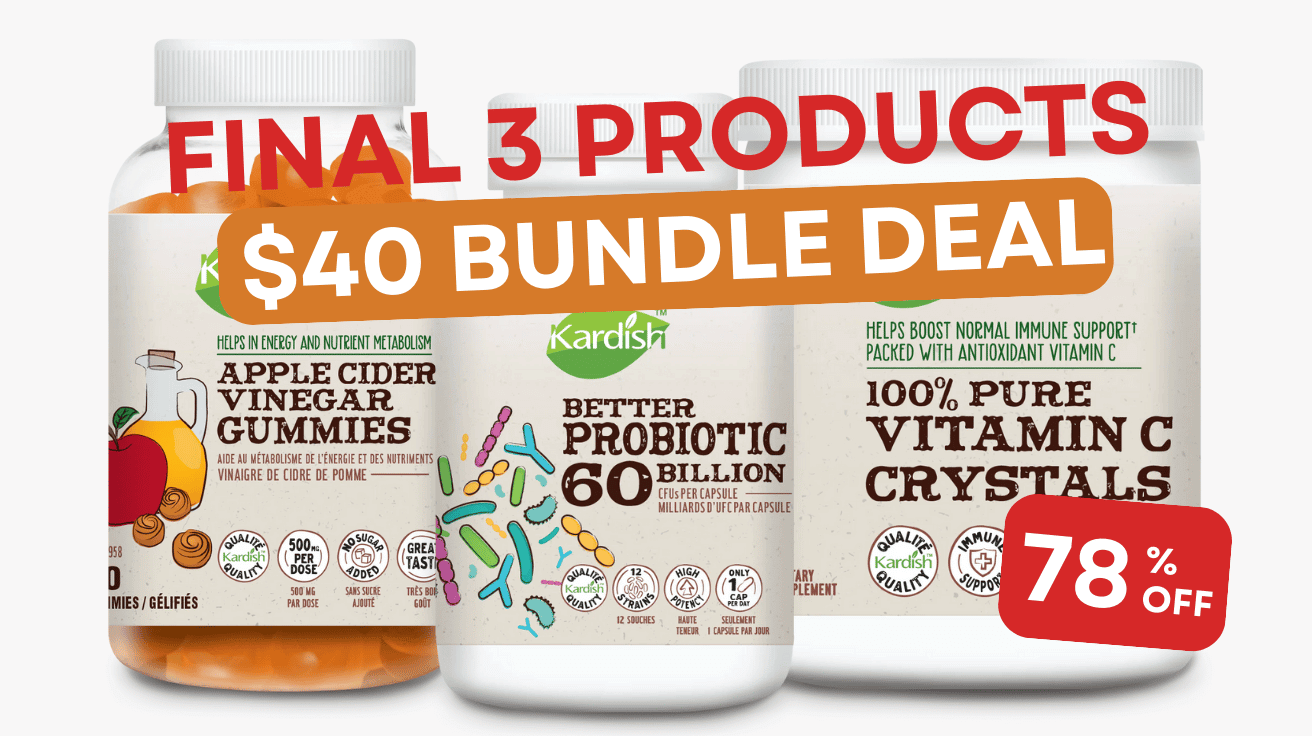Introduction
Have you ever wondered if you're eating enough protein to meet your fitness goals? Whether you're hitting the gym or just staying active, protein is key to feeling and performing your best.
The role of protein in athletic performance and muscle development has been a subject of extensive research in sports nutrition. Current evidence suggests that optimal protein intake can significantly influence muscle protein synthesis (MPS), recovery, and overall athletic performance. This comprehensive review examines the latest scientific findings regarding protein requirements, timing, and sources for athletes and active individuals.
Daily Requirements
Research indicates that athletes and individuals engaged in regular resistance training require significantly more protein than the general population. While the Recommended Dietary Allowance (RDA) for protein is 0.8g/kg/day, athletes need between 1.6-2.2g/kg/day to optimize muscle growth and recovery [1]. For a 75kg athlete, this translates to approximately 120-165g of protein daily. Higher intakes may be beneficial during periods of caloric restriction to preserve lean body mass [2].

Essential Amino Acids: The Building Blocks of Protein
Proteins are composed of amino acids, with nine classified as essential amino acids (EAAs) that must be obtained through diet. These essential amino acids include:
- Leucine
- Isoleucine
- Valine
- Histidine
- Lysine
- Methionine
- Phenylalanine
- Threonine
- Tryptophan
Branched-Chain Amino Acids (BCAAs)
Among these, the branched-chain amino acids (leucine, isoleucine, and valine) have received significant attention in research. A landmark study [5] demonstrated that leucine is particularly potent in stimulating muscle protein synthesis, with optimal effects seen at doses of 2.5-3g per meal.
To achieve this leucine target in real-world meals, consider these practical examples:
- A post-workout meal with 6 oz (170g) of grilled chicken breast with a cup of quinoa (approximately 3g leucine)
- A breakfast combining 1 cup of Greek yogurt with 1 scoop of whey protein (approximately 2.8g leucine)
- A lunch featuring 5 oz (140g) of tuna with 2 slices of whole grain bread (approximately 2.5g leucine)
- For plant-based options, combine 1 cup of lentils with 1 cup of brown rice and 1/4 cup of pumpkin seeds (approximately 2.6g leucine)
Protein Sources and Bioavailability
When it comes to protein quality, not all sources are created equal. Scientists use two main scoring systems - the protein digestibility-corrected amino acid score (PDCAAS) and the more recent digestible indispensable amino acid score (DIAAS) - to evaluate how well our bodies can use different protein sources [6].
Animal proteins typically lead the pack in terms of digestibility and amino acid content. Whey protein, for instance, scores exceptionally well with a DIAAS above 1.0, making it a popular choice among athletes and fitness enthusiasts. Eggs, often called the gold standard of protein, and high-quality cuts of meat like beef and chicken also score near the top of the scale.
Plant proteins, while valuable, often present a different story. Soy stands out as one of the most complete plant proteins, with a score comparable to many animal sources. However, other plant options like pea and rice proteins typically score lower when used alone. The good news? Combining complementary plant proteins can significantly improve their overall protein quality. For example, pairing rice protein (low in lysine but high in methionine) with pea protein (high in lysine but low in methionine) creates a more complete amino acid profile [6].
This understanding has practical implications for your protein choices. If you're consuming animal proteins, single sources can effectively meet your needs. However, if you follow a plant-based diet, variety becomes key - think rice and beans, hummus and whole grain pita, or a smoothie combining rice and pea protein powders.
Whey Protein Supplementation
Whey protein has consistently demonstrated superior effects on muscle protein synthesis compared to other protein sources. Its rapid digestion and high leucine content make it particularly effective post-exercise. Studies suggest that 20-25g of whey protein maximizes the muscle protein synthetic response in young adults, while older adults may benefit from higher doses of 30-40g [3].
Plant-Based Alternatives
For vegetarian and vegan athletes, combining different plant protein sources can achieve a complete amino acid profile. Recommended combinations include:
- Legumes with grains
- Seeds with legumes
- Multiple plant protein isolates (pea, rice, hemp)
Timing and Distribution
Research suggests that spreading protein intake evenly throughout the day is more effective than consuming the majority in a single meal. The recommended approach is:
- 4-5 meals containing 20-40g protein each
- Pre-sleep protein intake of 30-40g (Avoid an hour before sleep)
- Post-exercise protein intake within 2 hours [4]
Quick Summary of Practical Tips
- Aim for 1.6-2.2g of protein per kg of body weight daily
- Include protein at every meal, ideally 20-40g
- Balance plant proteins for variety and a complete amino acid profile
- Use supplements like whey protein for convenience, especially post-workout
- Don't forget a pre-sleep protein meal to support recovery overnight
Conclusion
By focusing on protein quality, timing, and distribution, you can optimize muscle growth, recovery, and performance. Whether you're an athlete or just someone looking to stay active and healthy, these practical strategies make it easier to fuel your body for success. Your muscles will thank you!
References
[1] Phillips, S. M., & Van Loon, L. J. (2011). Journal of Sports Sciences.
[2] Helms, E. R., et al. (2014). International Journal of Sport Nutrition.
[3] Witard, O. C., et al. (2014). American Journal of Clinical Nutrition.
[4] Kerksick, C. M., et al. (2017). Journal of the International Society of Sports Nutrition.
[5] Norton, L. E., & Wilson, G. J. (2009). Current Opinion in Clinical Nutrition.
[6] Wolfe, R. R., et al. (2017). Advances in Nutrition.
About Dr. Banihashemi
Dr. Behn Banihashemi is double board certified in Canada and US for practice of cardiology. He is the founder and CEO of Cardiac Longevity Clinic in Ottawa. With a long-held interest in the science of aging, age management medicine, and holistic preventive medicine, Dr. Banihashemi brings a comprehensive and patient-centered approach to healthcare. To get in touch with Dr. Banihashemi, visit theCardiac Longevity Clinic.







Leave a comment (all fields required)